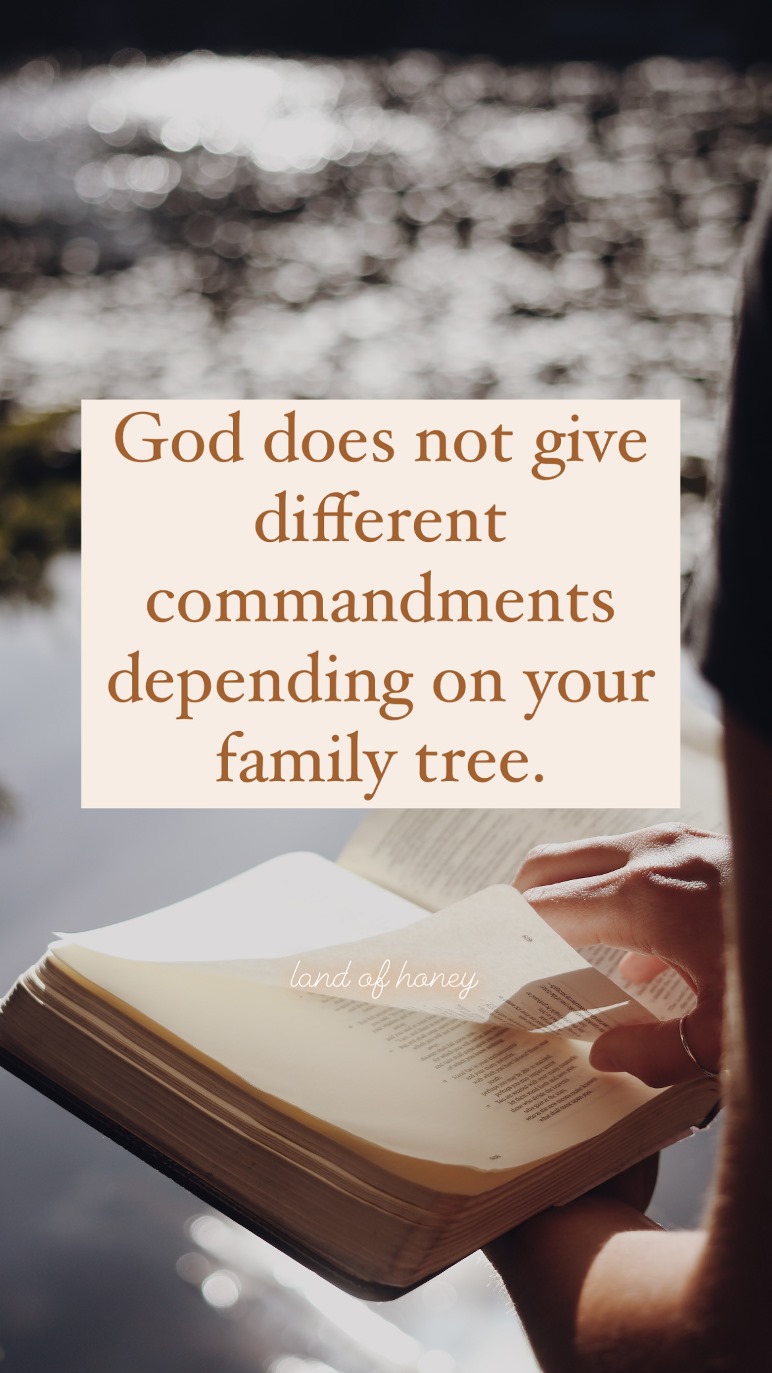Have you ever wondered about Yom Teruah, the Hebrew name behind the Feast of Trumpets and wanted to know what this special time is all about? Yom Teruah is a significant Biblical event that happens on the first day of the seventh month in the Biblical calendar. It translates something like Day of Sounding or Day of Awakening Blasts. It's commonly called Feast of Trumpets, which is a pretty good name but it doesn't quite describe the significance of the day, or the Hebrew word teruah. Let's delve a little more into the meaning of 'teruah' to get a better idea of what this set apart time of YHWH is.
If we read Scripture in Hebrew, 'teruah' would be a common word to us. It is used something like 36 times just in the Old Testatment. Strongs defines it as: alarm, signal, sound of tempest, shout, shout or blast of war or alarm or joy.
Where do we see teruah in Scripture?
Teruah is what Israel did that brought down the walls of Jericho. (Joshua 6:20)
There was a great teruah when the Ark of the Covenant was brought into the Israelite camp when they were battling the Philistines. (1 Samuel 4:5)
Moses sent Pinchas the priest to war with an instrument to teruah with. (Numbers 31:6)
When King David moved the Ark of the Covenant, it was with great teruah from himself and all Israel. (2 Samuel 6:15)
There was a teruah for joy when the Temple foundation was rebuilt. (Ezra 3:12)
Job described the face of someone accepted by God as teruah. (Job 33:26)
Music and singing to worship YHWH is teruah. (Psalm 150:5, Psalm 33:3)
Offerings were restarted to YHWH on Yom Teruah. (Ezra 3:6)
The great day of YHWH is a day of teruah. (Zephaniah 1:16)
The Creator himself shall go up in teruah to the sound of a shofar. (Psalm 47:5)
Does this help set the stage a little bit better? We can see that teruah is a word that goes with big things: the presence of God, conquering enemies, rebuilding the Temple, and the joy that comes from worship and obedience to YHWH. (Also the significant consequences of not worshiping or being obedient to the Creator.)
While the Leviticus 23 description of Yom Teruah is brief, we are told that this day is, "a remembrance of teruah." A day to remember the amazing things that YHWH did for Israel throughout Scripture, and what he has done in your personal life! Times we have faced warnings or gone to war, seen walls torn down, remembered covenants, and seen giants conquered. The Feast of Trumpets is a day of teruah, and is a time we are to remember all of that.
It is cool that all of these things were done with teruah - that music, joyful shout, alarm cry - because that really shows how powerful what you listen to is. For years I worked at a Christian radio station and we would hear from listeners all the time about what a difference listening to our station made to their spiritual, mental, and emotional health. That's how powerful truth is - it can totally transform every aspect of your life.
And see how this fits with the prophetic significance of the return of the Messiah on the Feast of Trumpets? While teruah covers some different meanings (alarm and joy don't usually go together), they all fit so well with what I imagine it will be like when the Messiah returns. What could be more joyful or alarming, depending on your relationship with him?
Blessed are the people who know that joyful teruah. -Psalm 89:15
More posts on the Feast of Trumpets:
The Beginner's Guide to the Feast of Trumpets
The Significance of the Shofar During Yom Teruah
Feast of Trumpets Bible Verses
The Beginner's Guide to the Feast of Trumpets
The Significance of the Shofar During Yom Teruah
Feast of Trumpets Bible Verses








.JPG)

